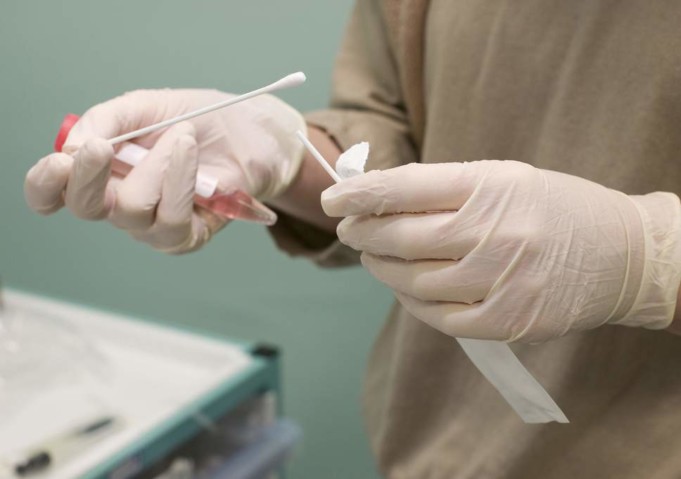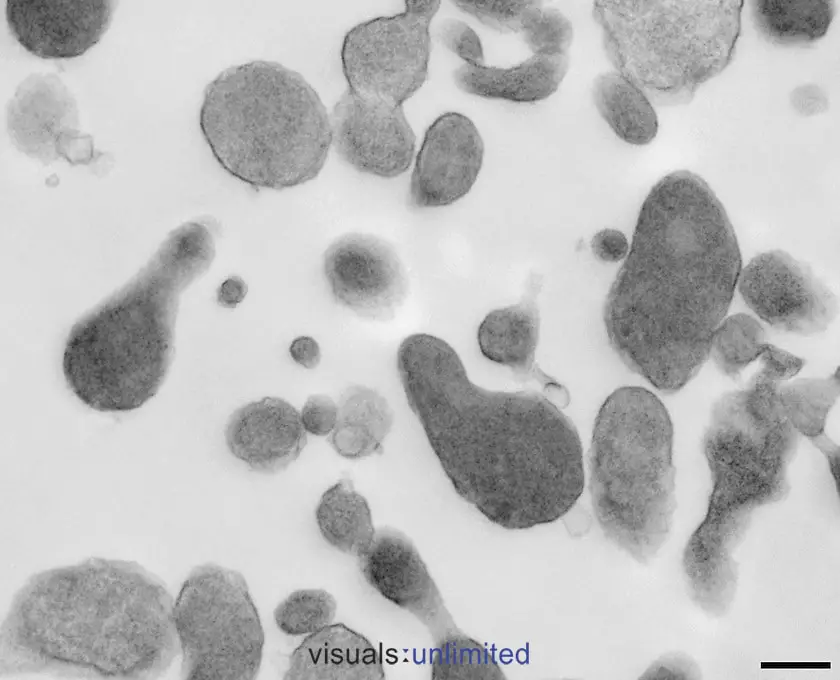We have heard a lot about sexually transmitted diseases so much so that we can list out the most popular ones without thinking.
But just when we thought we knew all about gonorrhoea, chlamydia and the other members of the sexually transmitted diseases family, here comes a new guy who is more dangerous and had to spot.
We are talking about the recently discovered sexually transmitted disease called mycoplasma genitalium or MG.
What is Mycoplasma genitalium?
Mycoplasma genitalium is a sexually transmitted infection that affects the genitals, the rectum, the respiratory tract and even the throat. Only a few people have heard of this disease, and it is rarely tested for during a regular STI test.
This means that a person could be infected with it and not know or make any move to treat it. This will eventually lead to infertility. The strangest part of this disease is that it often comes with no symptoms so you might not see any reason to treat offer test for it.
Back in June this year the British Association of sexual health and HIV made a move to launch new guideline to test for and treat the MG infection.
The primary concern of the British Association of sexual health and HIV is that even though the Mycoplasma Genitalium disease is currently treatable, it can become antibiotic resistant and a lot of cases have proven to be that way. Because it is becoming antibiotic resistant, it had been tagged the next superbug.
Although only a few people know about the MG disease, it has now become more common than gonorrhoea, affecting as much as two %of the entire United Kingdom’s population and is currently outstripping the feared chlamydia in a number of high-risk groups.
Despite the spread and the risks, the recently created tests that are meant to be used in diagnosing the infection are not available in most clinics. Most valuable information on the Mycoplasma Genitalium infection.
Mycoplasma Genitalium is very tiny bacteria that can be transmitted through sexual intercourse. It is a fact that the Mycoplasma Genitalium virus is in around one to two per cent of the world’s population at any one time however not everyone will develop an infection from it or even have symptoms.
If at all you experience symptoms, they will mimic those of other sexually transmitted diseases like gonorrhoea and chlamydia.
What are the symptoms of Mycoplasma Genitalium?
The symptoms vary in men and women. While females have symptoms like bleeding after sex or between periods, pain when urinating, and also pelvic pain, men experience symptoms like Irritation or pain in the penis, a discharge from the penis, and Pain when peeing.
Even though the Mycoplasma Genitalium bacteria has been discovered since the early 1980s, it was very recently that it was found to be a sexually transmitted infection. The Mycoplasma bacteria has also been identified as one of the most common causes of non-specific urethritis in men.
Non-Specific urethritis is an irritation of the urethra (the piper that transports the urine) when the phrase nonspecific is added, it means that there is no gonorrhoea. This can be very uncomfortable for an infected man. It causes discomfort in the penis when peeing, and also testicular pain.
For women, some studies have revealed that mycoplasma can lead to pelvic inflammatory disease, inflammation of the cervix, and even cause bleeding after sexual intercourse. There is also a possible link between mycoplasma and spontaneous abortions, and also premature births.
Because the symptoms are similar to what people who with other types of sexually transmitted infections have, there’s a high chance of a misdiagnosis.
However, in most cases, people do not experience symptoms which is why it is advised that if a person finds out that their partner has the infection, they should get treatment too even if they do not have symptoms.
How is Mycoplasma Genitalium transmitted?
Mycoplasma Genitalium is not only transmitted through vagina sex; It can be for through anal sex as well. This means the that their misconception that gay couples address at lesser risk of getting infected is false.
Having sex at a very young age and having multiple sex partners can also increase the chances of getting the infection. It has been discovered that women are mistress likely to get infected than men.
You might want to ask if using a condom is a safe way to avoid getting the infection; the answer is yes. Because it is a sexually transmitted infection protected sex can shield you from getting it from an infected partner.
The good news is that it has not been discovered to be transferable through oral sex so for now you can enjoy getting that pleasure without fear, and hope it remains that way.
How to test for Mycoplasma Genitalium?
Like I earlier said, Mycoplasma Genitalium is not included in the standard STI test however we hope that with the new guideline that will change gradually around the world.
You can ask to be treated for Mycoplasma Genitalium when you are having symptoms of sexually transmitted infections you are in a relationship with someone who has Mycoplasma.
However if you are not having symptoms and you have been having protected sex, getting tested for Mycoplasma Genitalium is optional.
At the moment there is no adequate information on the incubation period of the bacteria, so doctors are not sure when the right time is the top test for it. However, the first pass of urine is used for testing in men, while a vaginal swab is used for testing in women.
Even if you Pam an STI testing kit out is essential you go in person to the hospital so you can be adequately treated of you begin to exhibit any of the symptoms.
Because condoms are there only way to prevent this infection, it is better to practice safe sex so you can reduce your risk of getting Mycoplasma Genitalium.
Treatment for Mycoplasma Genitalium
It is better to be safe than sorry in the case of this infection. Although it has been treated with antibiotics, but the disease is getting resistant to many antibiotics which give us cause to worry.
Some other treatments have worked to help clear up the virus, but if you are getting treated, it is essential that you stay clear off sex and go to the hospital to check if you have entirely recovered.
Also, it is advisable to go to the hospital to check on a regular basis as Mycoplasma can be associated with other conditions like chlamydia.













